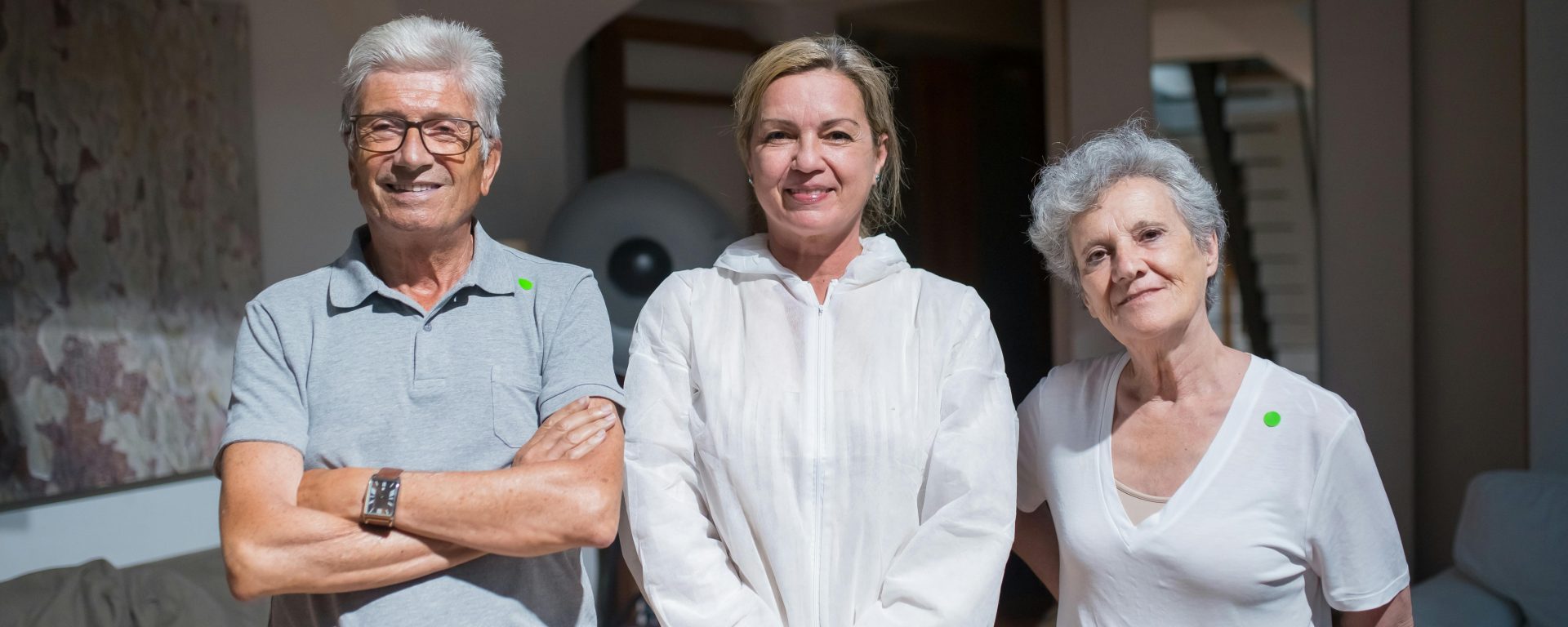Recent studies have highlighted the significant physical and immunological benefits of exercise for older adults. Now, groundbreaking research suggests that incorporating music and rhythmic movement into exercise programs may offer even greater advantages. In 2013, a new study conducted by a team of researchers, including Nobuko Shimizu and colleagues, investigates the impact of a novel Movement Music Therapy (MMT) using Naruko clappers on the health of elderly women.
The study aimed to evaluate the effects of MMT on various health parameters, including physical, immunological, hormonal, and psychosocial indices, among older adults. A total of 112 elderly women, with an average age of 73.62 years, participated in this randomized, controlled, single-blinded trial. The participants, who had minimal habitual exercise routines, were divided into two groups: the experimental group engaged in MMT, while the control group participated in a simple exercise program.
Over the course of the 8-week intervention, researchers assessed a wide range of indices, including:
- The Philadelphia Geriatric Center morale scale.
- Self-rated health status.
- Physical function tests (e.g., blood pressure, pulmonary function, body balance, gait ability, muscle endurance, muscle strength, and functional mobility).
- Saliva analysis for physiological function indices (e.g., secretory immunoglobulin A (SIgA), chromogranin A, cortisol, and total protein).
The results were particularly notable among the younger elderly subjects (aged ≤74 years). The MMT group showed significant improvements in several areas compared to the control group:
- Systolic Blood Pressure: Decreased (p = 0.02).
- Pulmonary Function: Improved (p = 0.05).
- Body Balance: Enhanced (p = 0.04).
Additionally, the SIgA secretion rate remained significantly elevated (p = 0.02) 15 minutes after exercise in the MMT group, indicating a boost in immunological function.
Interestingly, the study found no significant differences in psychosocial indices between the MMT and control groups. Furthermore, among the older elderly subjects (aged ≥75 years), no significant differences were detected in any measures between the interventions.
This pioneering study reveals that even a short 8-week MMT intervention can significantly enhance physical and physiological functions in younger elderly individuals compared to a standard exercise program without music. The findings underscore the potential of integrating music and rhythmic movement into exercise routines to promote better health outcomes in the elderly population.
As the elderly population continues to grow, innovative approaches like MMT could play a crucial role in enhancing the quality of life and well-being of older adults.
Reference: Shimizu, N., Umemura, T., Hirai, T., Tamura, T., Sato, K., & Kusaka, Y. (2013). Effects of movement music therapy with the Naruko clapper on psychological, physical and physiological indices among elderly females: a randomized controlled trial. Gerontology, 59(4), 355-367.
